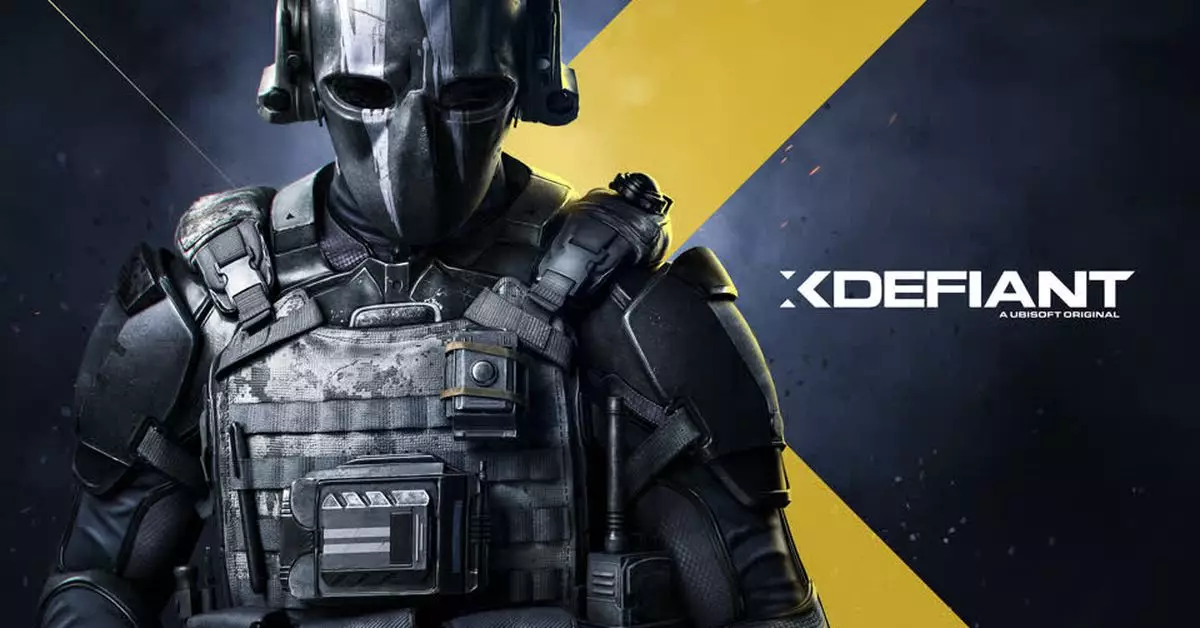Ubisoft’s recent decision to terminate development on XDefiant, its free-to-play team-based shooter, has sparked conversations about expectations versus reality within the gaming industry. Officially launching in the spring of this year after an extended beta phase, XDefiant entered the market with a robust narrative centered on player engagement and innovative gameplay. Initial reports highlighted its impressive metrics, including over 1 million users during its closed beta and more than 10 million players shortly after its full release. Such figures painted a bright future for the title, characterized by ambitious aspirations and a player-centric approach.
However, this promising façade began to crack. Despite the initial surge in players, the game quickly struggled to retain its audience. Industry insiders hinted at a disturbing trend as concurrent player counts dwindled to below 20,000. The ambitious vision that Ubisoft had for XDefiant—with its promise to provide immersive team-based competitions—could not counteract the reality of declining player engagement. This downfall raises questions about the sustainability of gaming models that focus heavily on player acquisition without solid long-term retention strategies.
The criticisms levied against XDefiant highlight a noticeable lack of community engagement and feedback incorporation. Successful games today thrive on creating and maintaining a relationship with their communities, involving players in the development process and responding to their needs. While Ubisoft had initially claimed that its title “outperformed expectations,” the lack of continuous interaction and transparency seems to have hindered its ability to evolve in line with player demands.
As a striking illustration, Ubisoft’s past endeavors, such as Hyper Scape, exhibit a similar pattern of initial success followed by rapid decline. This presents an industry-wide challenge: game developers must prioritize ongoing relationship building with their user base and adapt accordingly rather than relying solely on initial sales figures and marketing hype.
As Ubisoft gears up to completely sunset XDefiant by June 2025, several lessons emerge from this experience. First, developers should recognize that initial player numbers, while promising, do not guarantee a sustainable player base. The retention strategies employed after launch require just as much emphasis as those used during promotional phases. Following a successful launch, players seek ongoing content, balance updates, and the development of new gameplay features to keep their interest alive.
Moreover, the case of XDefiant serves as a reminder of the significant repercussions of monetization strategies, which can alienate players if not executed thoughtfully. Ubisoft’s decision to refund players who purchased in-game items illustrates a recognition of the importance of maintaining goodwill with its remaining community, even as it prepares to step away from the title.
As XDefiant fades into memory, the question looms large: what does the future hold for team-based shooters in an increasingly competitive gaming landscape? The need for innovation and a reliance on player feedback has never been more crucial. As developers strive to create immersive experiences, the lessons from XDefiant must serve as a guiding light, encouraging a shift toward engaging with the community to foster and maintain interest long after a game’s release. The success of future titles may well hinge on this critical aspect of development.

